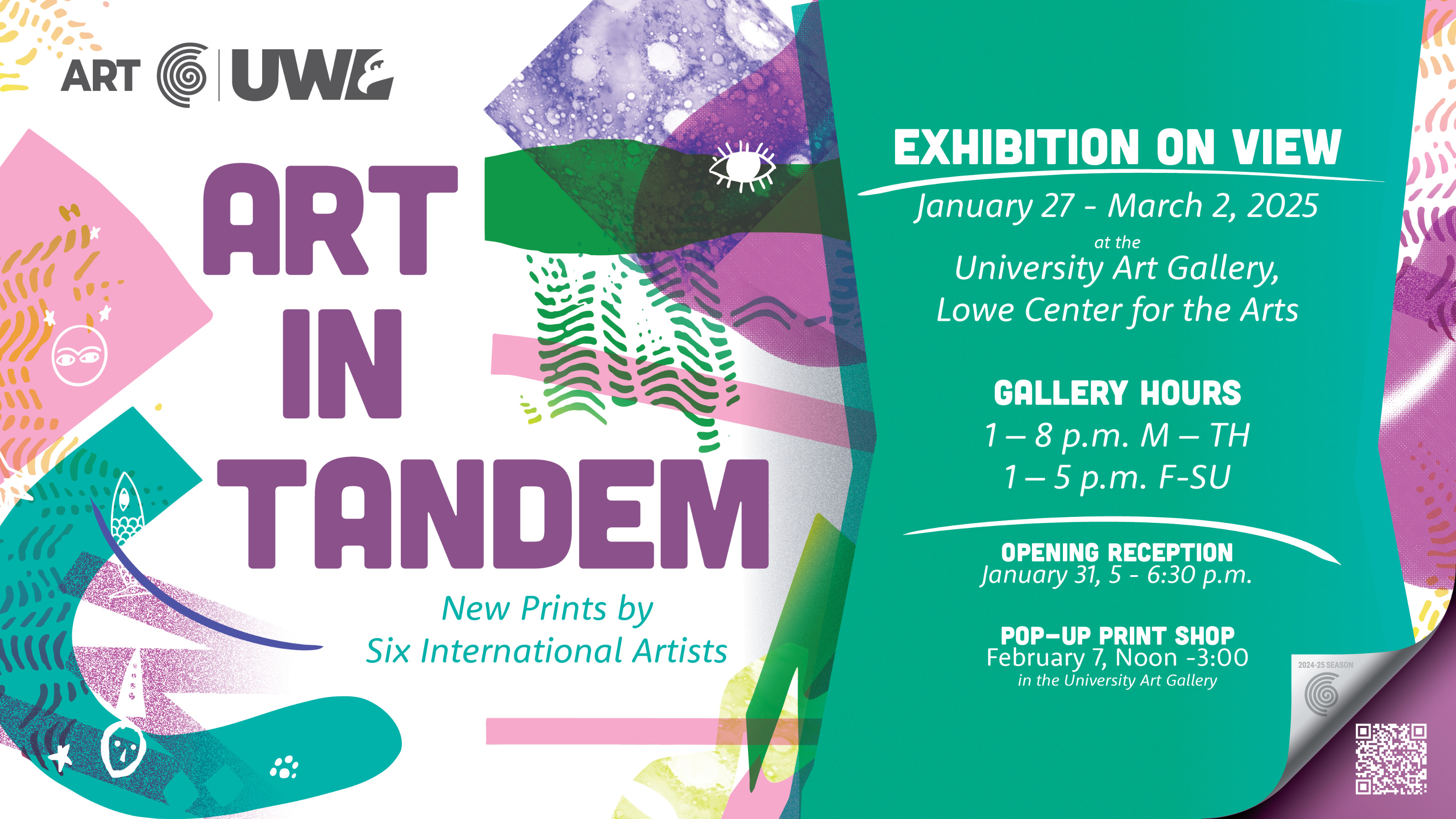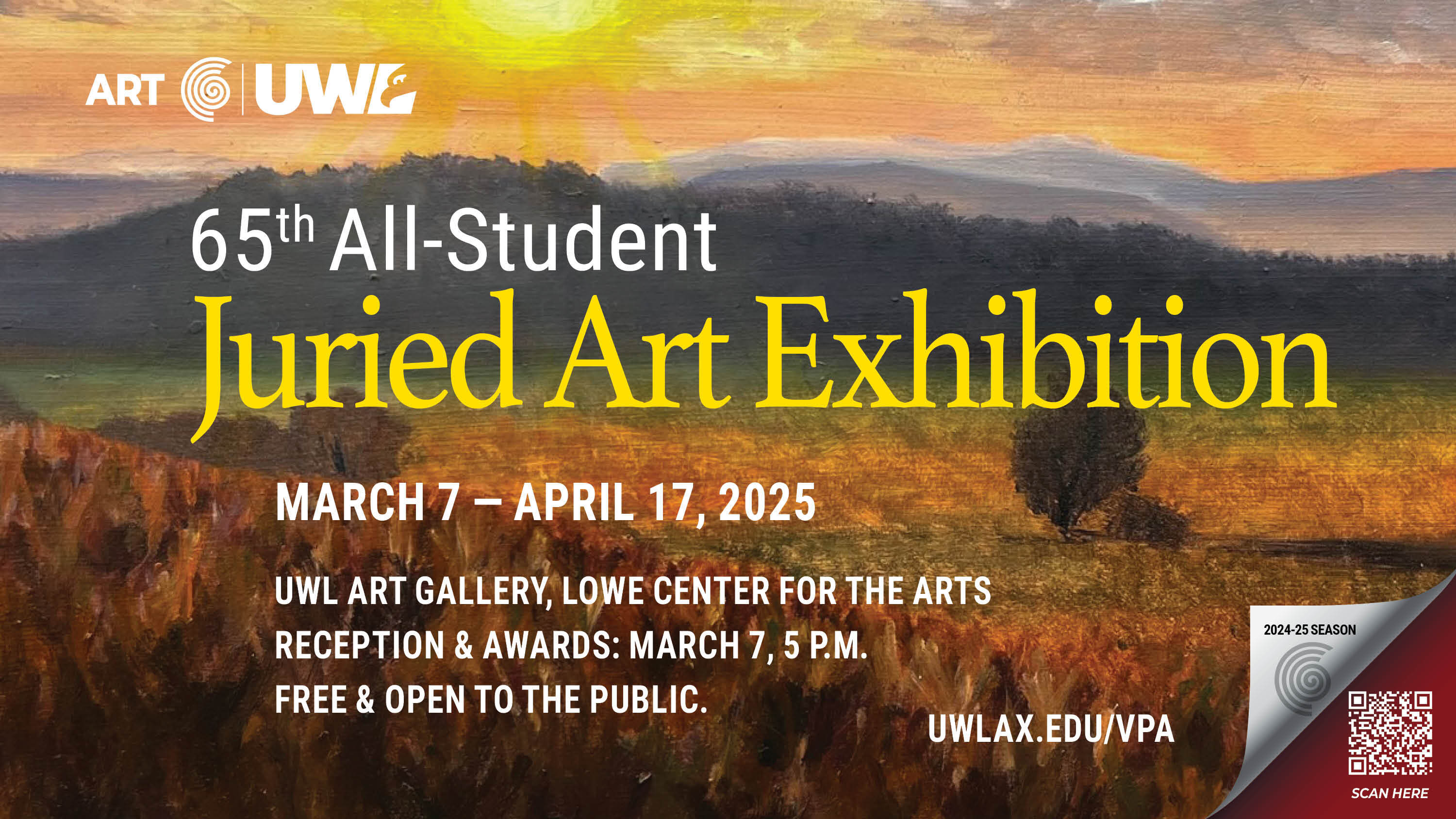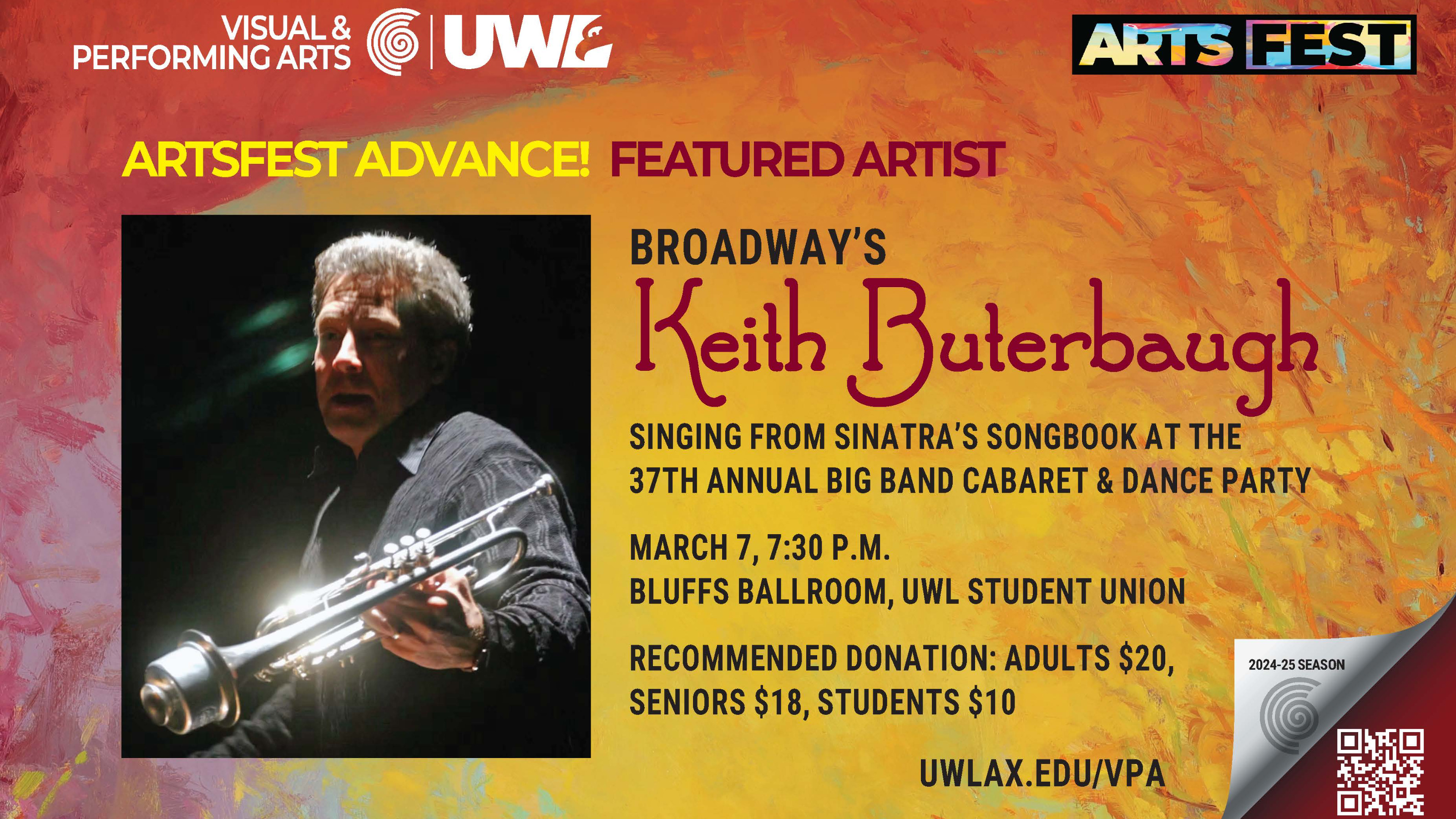Undergraduate programs
Art
Undergrad major Undergrad minor Teacher licenseArt involves using creativity, imagination and technical skills to invoke an emotion, communicate an idea or appeal esthetically. Studying art allows creative expression difficult to find in many traditional college courses. It helps students build skills and values such as analysis, synthesis, evaluation, critical judgment, tolerance of ambiguity, appreciation of diversity, aesthetic literacy, and more.
Areas of study
Education
Completion of the Art Education Program and associated benchmark assessments will lead to endorsement for a Wisconsin teaching license in Art Education for grades K-12.
Undergrad major Teacher license View a sample plan for Education Catalogfor EducationArt History
Undergrad minorArt history is the study of objects from different cultures around the world and throughout history. Art history is an interdisciplinary field, drawing upon history, literature, religion, philosophy, economics, and more to examine works of art in their historical contexts. By studying art history, students are introduced to a diversity of cultures, and gain insight into how people have lived, thought about, and understood the world around them.
Art Therapy
Undergrad minorArt therapy is an integrative mental health and human services profession that enriches the lives of individuals, families, and communities through active art-making, creative process, applied psychological theory, and human experience within a psychotherapeutic relationship, according to the American Art Therapy Association.
Photography
Undergrad minorPlenty of DIY online tutorials could teach you how to take a photo, but good photography goes beyond esthetics. It communicates meaning. In UWL’s Photography Minor, students are challenged to take creative risks and find their artistic voice. Just as people learn to write or speak, you can learn visual literacy through the study of photography.















